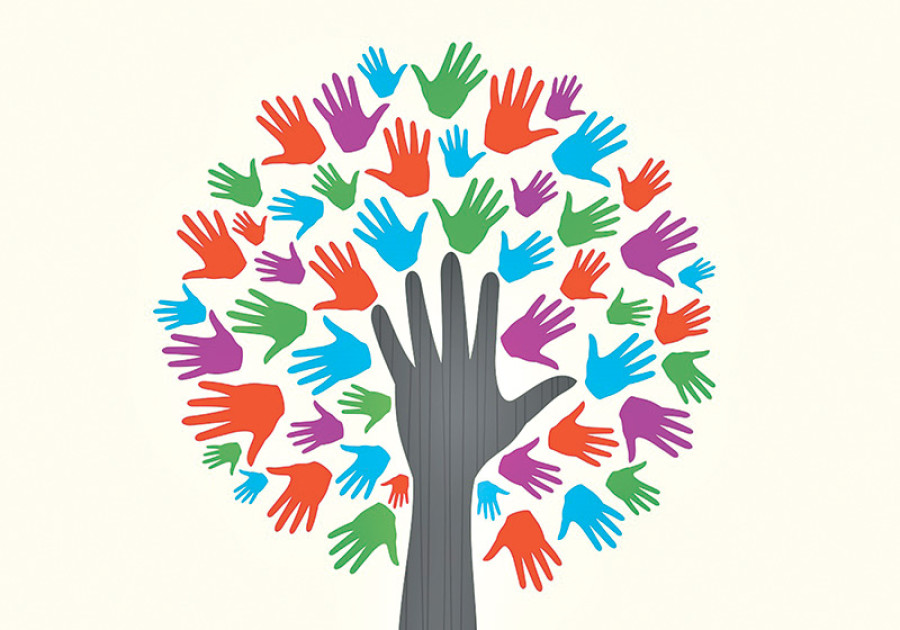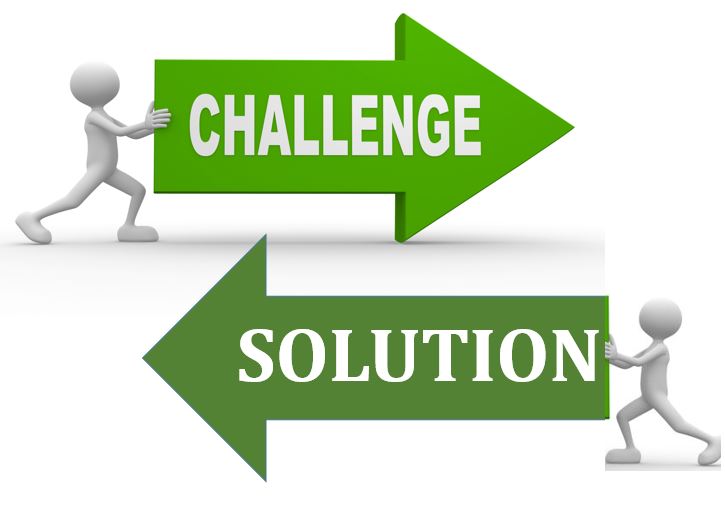Governments across Australia are deliberating on raising the minimum age for social media use in a bid to protect young people from harmful content and the negative effects of excessive online activity. The current minimum age to create an account on platforms like Facebook, Instagram, and TikTok is 13, but this threshold is often easily bypassed. The proposed changes aim to raise this age limit to 14, or even 16, to better safeguard young users.
State Proposals and National Unity
The premiers of New South Wales (NSW), Queensland, Victoria, and South Australia are collectively pushing for higher age minimums on tech platforms. NSW Premier Chris Minns has advocated for raising the age limit to 16, stating, “There’ll be a lot of 16-year-olds where that isn’t old enough, to be honest with you, when you consider what you’re exposed to as a result of being on social media.” Despite this stance, Minns acknowledged the challenges of enforcing such a change at the state level and called for a unified national approach. NSW plans to host a social media summit this year to discuss strategies for protecting children and teens from online harm.
Victorian Premier Jacinta Allan has echoed the call for a national response, emphasizing social media’s role in exacerbating antisemitism, racism, and gender-based violence. She argued, “We need to hold these global social media giants to a better standard. Social media platforms already set minimum age barriers; it’s time these were raised, or time Australia sets its own because social media isn’t going anywhere.”
South Australian Premier Peter Malinauskas suggested his state might consider social media bans for individuals under 14, with parental permission required for those under 16.

Federal Perspective and Political Support
Prime Minister Anthony Albanese supports the idea of banning social media for children under 16, citing the significant mental health risks associated with excessive online engagement. “What we want is our youngest Australians spending more time outside playing sport, engaging with each other in a normal way and less time online,” Albanese said. He highlighted the damaging impact of vicious online commentary, which can be particularly harmful to children.
Opposition Leader Peter Dutton has also endorsed the idea of age verification for social media, asserting, “It’s difficult to make the case for children under the age of 16 being on social media, especially when we’ve seen the harmful effects that it can have on our children.”
David Coleman, the opposition communications spokesperson, emphasized that age verification is a federal issue. “What’s happening now is completely unacceptable and age verification is the way to address it. It’s very clear this is a commonwealth power, so we need the commonwealth to act,” he stated.

Concerns and Implementation Challenges
The feasibility of implementing a strict age verification system that cannot be easily circumvented, while also protecting personal data, remains a major concern. The Australian federal government has allocated $6.5 million for an age assurance trial to test the effectiveness of age verification technologies. This trial was recommended by the eSafety Commissioner, Julie Inman Grant, in March of last year.
Reservations about the potential policy change, noting the risks associated with providing sensitive documents to social media platforms. “We need a third-party solution mainly because it’s a really bad idea to give identity documents to any of the platforms,” Barnet said. She also raised concerns about the impact on privacy and the ability to use social media anonymously.
Head of policy at Digital Rights Watch, warned against the unintended consequences of banning young people from social media. “Plenty of young people rely upon social media to express themselves, form communities, and find support, and banning them may have significant negative consequences,” she said. Floreani emphasized that while current age requirements are easily bypassed, stricter verification processes could pose serious privacy risks.

Social Media Platforms’ Response
Social media platforms have asserted their commitment to user safety. TikTok, for example, automatically sets accounts registered to users under 16 to private, limiting interactions with their content. A TikTok spokesperson noted, “We also have a Family Pairing feature that allows adults to link their TikTok account with their teen’s account, giving them control over account settings.”
Instagram has implemented an age verification system in Australia, requiring users to confirm they are over 18 through various methods, including uploading an ID or using a video facial age estimator. Despite these measures, companies like Meta believe that the current age limit of 13 strikes the right balance between privacy, well-being, and freedom of expression.
As Australia continues to debate these changes, the challenge remains to find a solution that effectively protects young users while respecting their privacy and freedom to participate in the digital world.

READ MORE : Why Every Traveler Must Visit The Maldives At Least Once?


















